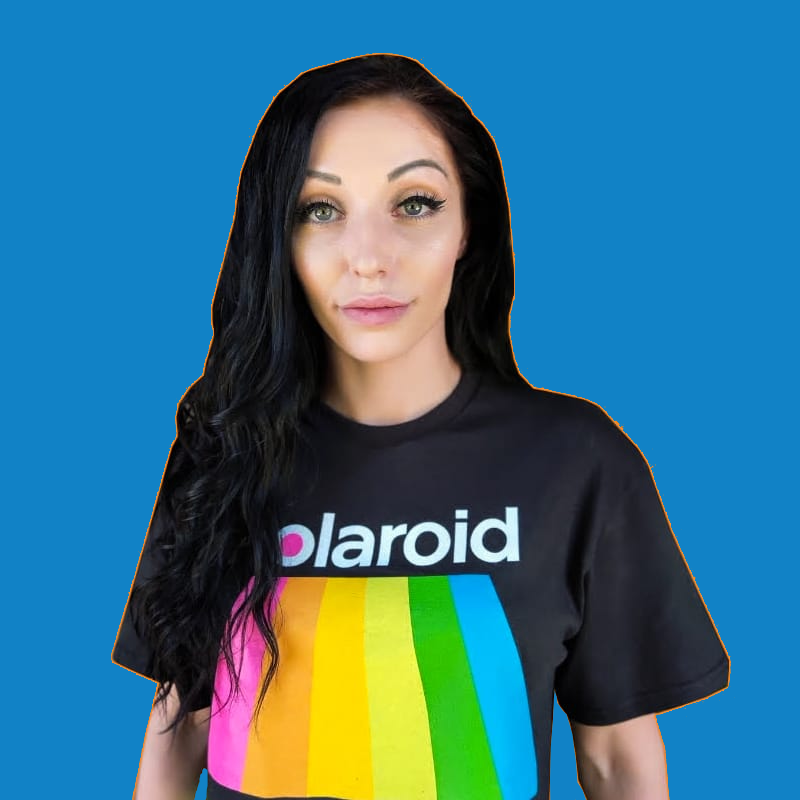
Social media influencers versus affiliates
Social media influencers versus affiliates
The bubble of verve that surrounds the marketing industry is ever dynamic. At times, its growing noise can make it hard for entrepreneurs and organizations to employ the appropriate strategy to meet their ends, especially when the marketing lexicon is welcoming new terms such as ‘social media influencer marketing’ and ‘affiliate marketing’ among a plethora of others. Many fail to choose the right strategy simply because they lack comprehensive knowledge of what each strategy entails.
In order for you to determine whether collaborating with social media influencers or connecting with affiliates would reap greater fruits for your business, you first need to have a closer look at both of them.
Influencer marketing is a marketing strategy which primarily focuses on individuals who exercise influence on social media- think of celebrities, bloggers, vloggers, social media ‘stars’. The strategy draws on the high social networking potential of these individuals to generate referrals for their products or services. An influencer marketing campaign includes collaboration with an influencer for creation and promotion of content about the brand or its products.
Influencer marketing yields its power from the growing social media industry, which enables the influencers to engage their audience more effectively than traditional channels of advertising. There are several reasons why brands tend to gravitate to identify with these influencers:
1. Target the right audience
By choosing the right influencer, either by their reach, niche or the like, you can essentially choose the right audience. For instance, using a fitness blogger to promote your juice bar, or a well-known coder as an influencer for your new software. From celebrities to micro-influencers, you can carefully choose the right influencer to get access to a specific audience.
- Tailored content
Once you have chosen your influencer, you can co-create with or guide your influencers to come up with content that has the potential to engage the right audience. Think of Instagram influencer marketing, where Instagram celebrities post content featuring brands. This brand ambassadorship is based on the phenomenon of ‘paid posts’. Running such an influencer marketing campaign gives you an edge in the form of a high level of control over the content to be shared and the distribution channels over which it is to be shared. - Increased revenue
Your influencers wield their influence over consumer purchasing behavior. Instagram influencers share many aspects of their lives with their followers and such an engagement builds a strong and loyal relationship with their followers. Given this relationship, the influencer’s referrals and recommendations come across as natural brand inspired stories to their followers, who trust and accept these suggestions.
Now turn your lens of focus towards affiliate marketing. Influencer marketing and affiliate marketing are two branches of the marketing tree; the branches intertwine and diverge at different nodes. That is, they are similar in certain respects and distinguished in others.
Let us simply begin by thinking of affiliate marketing as working simultaneously with a body of influencers. A brand selling products and services can seek out help to sell these products and services in exchange for commission on every sale made. The brand or the company which creates the product is called the ‘merchant’. The ‘affiliate’ or the ‘publisher’ works to attract and persuade potential customers of the value of the merchant’s product to drive up sales. Often these affiliates are influencers in their own niche, or they might partner with influencers to attract the target market. So you might think, are these not fundamentally one and the same?

However, they are not; affiliate marketing is different from influencer marketing. The former is grounded in the phenomenon of revenue sharing and hence is a part of a business model, whereas the latter is not a business model, but rather a strategy, short or long-term, directed at increasing sales or brand awareness. Affiliate marketing can provide all the above mentioned benefits of influencer marketing, along with many additional advantages:
- Externalizes the cost of finding an audience and promoting the product
This is even more relevant when you are working with an affiliate marketing agency, which helps you connect with the right pool of influencers. These influencers in turn attract the right target audience since they are well conversed with their audience and will feature the content most suited to their demographic. - Easy to implement
One of the many reasons that brands shy away from incorporating affiliate marketing is that it appears to be a complex model when it really is not. The model is fairly simple: Each affiliate is provided a unique URL which they need to feature on their profile, website, blog or any other channels that they may be utilizing. In Instagram affiliate marketing, the affiliate showcase the link on their Instagram bio. If a visitor clicks on that particular affiliate link and performs the desired action, such as making a purchase, then the brand shares a commission with the affiliate.
3. Easy to measure and evaluate
Along with the ease of implementation comes the ease of evaluation. The click-through rates for different affiliates can be viewed and assessed to determine which affiliate marketers work and which do not. - Lower risk
A major distinguishing factor between influencer marketing and affiliate marketing is the system of payment. Typically, there is no fixed amount that influencers earn; this is something your brand must negotiate with the influencers you are interested in working with. Therefore, the payment made is not tied to whether the influencer marketing campaign achieves the desired outcomes or ends up as mere noise. To the contrary, affiliate marketing is based on conversion of leads; the affiliate is only entitled to a share in revenue when an actual sale takes place using the affiliate’s links.

Conclusively, using an affiliate marketing agency can help you to create a strategy that combines both influencer marketing and affiliate marketing. The best affiliate marketing agencies provide you with the relevant influencers, whose niche is aligned with your brand. You can reap the benefits of an influencer marketing strategy- reaching a relevant audience, increasing brand visibility, driving more conversions - while only paying for actual results. In a nutshell, the best of both worlds.
Start your journey right here and see for yourself. Register now.


























